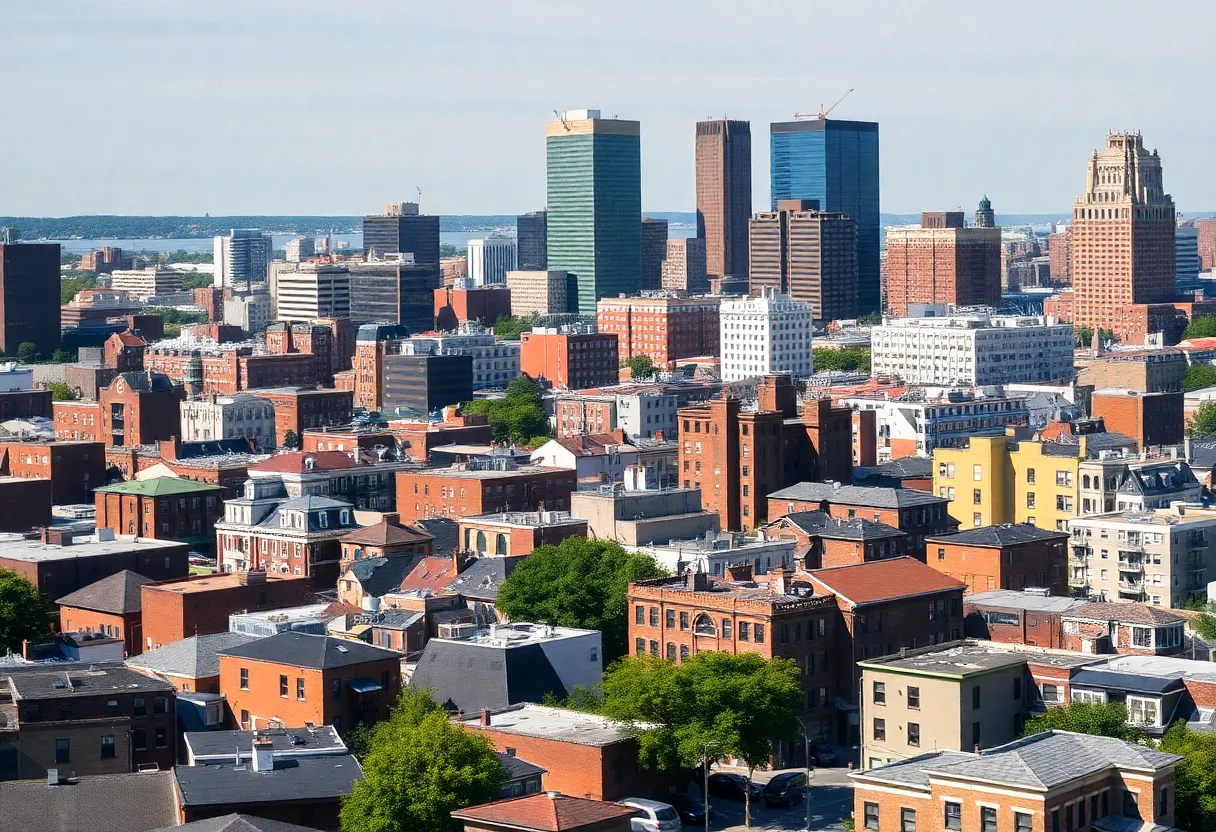News Summary
Boston is set to experience potential growth in private investments through new federal Opportunity Zone rules targeting low-income neighborhoods like Allston and Roxbury. The revisions aim to enhance investment opportunities and job creation in economically disadvantaged areas. While the program has garnered mixed reactions from stakeholders regarding its effectiveness on local communities, calls for success stories to highlight positive investment outcomes are increasing. Furthermore, taxation implications outlined by the Massachusetts Department of Revenue provide clarity for both corporate and personal investments within this initiative.
Boston is poised for potential growth in private investments as new federal Opportunity Zone rules are introduced, particularly in low-income neighborhoods like Allston and Roxbury. The new regulations aim to enhance the effectiveness of the Opportunity Zone program, which encourages investment and job creation in economically disadvantaged areas. Additional locations such as Chelsea, Brockton, Lawrence, Lowell, Springfield, and Worcester are also under consideration for inclusion in this initiative, potentially improving their economic conditions.
The Opportunity Zone program serves as a federal development incentive aimed at stimulating economic progress in areas that need it most. Stakeholders in Massachusetts have expressed mixed feelings about the new rules, questioning their effectiveness and potential repercussions for local communities. This uncertainty highlights the ongoing dialogue among residents, businesses, and community organizations regarding the best approaches to foster growth in low-income regions.
To amplify the impact of the Opportunity Zone initiative, there is a call for Massachusetts residents and community leaders to share their success stories. These narratives will be featured in the Boston Business Journal’s “Partners with a Purpose” editorial segment, providing a platform for showcasing positive outcomes linked to Opportunity Zone investments.
In tandem with these developments, the Massachusetts Department of Revenue has issued a Technical Information Release (TIR 19-7) to clarify the tax implications of investments through Qualified Opportunity Funds (QOFs). The TIR outlines that individuals and partnerships in Massachusetts cannot benefit from the federal tax advantages associated with investing in QOFs under personal income tax guidelines. This means that any capital gains deferred under federal Subchapter Z must still be reported for Massachusetts tax purposes in the year when the gain is recognized.
Furthermore, the TIR indicates that the basis adjustment rules under Subchapter Z do not apply to personal income tax calculations within Massachusetts. However, corporations investing in QOFs can defer capital gains for state tax purposes, which aligns with the federal rules. Under these circumstances, Massachusetts corporate excise tax applies to corporations engaged in QOF investments, with an effective tax rate of 8% on net income and a minimum corporate tax of $456. Additional taxes may be imposed based on either tangible property value or net worth.
This regulatory environment creates a unique landscape for potential investors looking to support low-income areas through the Opportunity Zone program. While there are avenues for corporate investment to flourish, individual and partnership investments face limitations, prompting various stakeholders to reevaluate their strategies.
As the new federal rules take shape, the evolution of the Opportunity Zone program in Massachusetts remains closely monitored. With communities eager for job creation and economic revitalization, stakeholders continue to discuss the implications and prospects of investments in the designated areas. The upcoming inclusion of more neighborhoods into the Opportunity Zone framework could signify a pivotal moment for local economies, making it all the more crucial for residents to stay engaged and share their experiences and aspirations.
The future of the Opportunity Zone initiative in Massachusetts presents both challenges and opportunities as it seeks to bridge the gap between investment and community enhancement. As discussions unfold and investments potentially flow into the newly designated zones, the hope for revitalization and economic growth remains at the forefront of this evolving narrative.
Deeper Dive: News & Info About This Topic
- NBC Boston: Over 400 Mass Neighborhoods Could Become New Opportunity Zones
- MassLive: How Will Trump’s Housing Pick Impact Mass?
- Foley & Lardner LLP: Opportunity Zones
- Wealth Management: Massachusetts Limits Opportunity Zone Benefits
- Wikipedia: Opportunity Zone

Author: STAFF HERE BOSTON WRITER
The BOSTON STAFF WRITER represents the experienced team at HEREBoston.com, your go-to source for actionable local news and information in Boston, Suffolk County, and beyond. Specializing in "news you can use," we cover essential topics like product reviews for personal and business needs, local business directories, politics, real estate trends, neighborhood insights, and state news affecting the area—with deep expertise drawn from years of dedicated reporting and strong community input, including local press releases and business updates. We deliver top reporting on high-value events such as Boston Marathon, Head of the Charles Regatta, and Boston Harborfest. Our coverage extends to key organizations like the Greater Boston Chamber of Commerce and Associated Industries of Massachusetts, plus leading businesses in finance, biotech, and insurance that power the local economy such as Fidelity Investments, Biogen, and Liberty Mutual Insurance. As part of the broader HERE network, we provide comprehensive, credible insights into Massachusetts's dynamic landscape.





